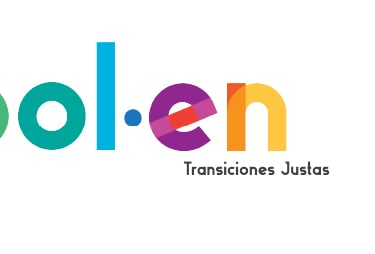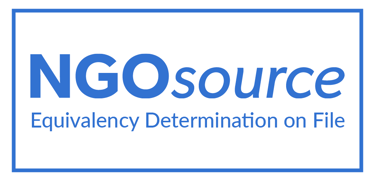Methane in Coal Mining: Colombia Moves Forward with Technical Analysis and Multisectoral Dialogue


With the participation of representatives from the public sectors, mining operators, civil society organizations, and technical experts from Hill Consulting, the third workshop of the project Strengthening the Monitoring, Reporting, and Verification (MRV) System for the Mining Sector in Colombia took place on June 5, 12, and 19 at the Heinrich Böll Foundation’s office in Bogotá. Funded by the Climate and Clean Air Coalition (CCAC), the workshop was titled “Modeling Methane Mitigation Measures in Coal Mining” and marked the closing of the project’s cycle of workshops and trainings—consolidating learnings and opening new pathways for collaborative efforts to reduce methane emissions in this sector.
In total, the workshop had 20 participants: 12 mining operators who attended virtually, representing six different companies, and 8 people who participated in person.
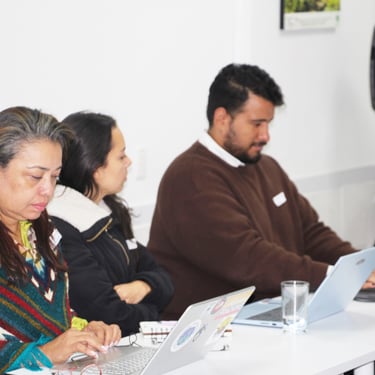
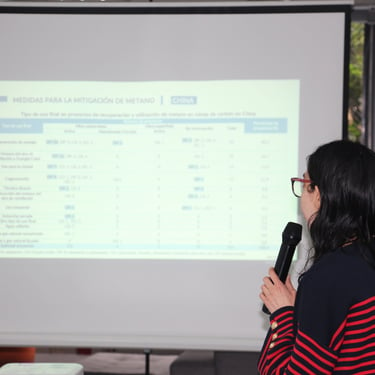
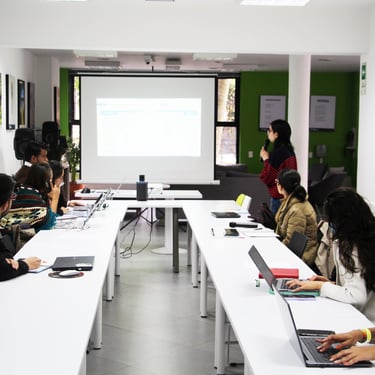
A Space to Integrate Technical and Strategic Analysis
During the sessions, the results of two key exercises developed within the framework of the project were presented:
• A Marginal Abatement Cost Curve (MACC) for methane in underground coal mining, which prioritized 12 mitigation measures based on their cost-effectiveness and technical emissions reduction potential.
• A multi-criteria analysis that incorporated principles of just energy transition (JET), as well as technical, economic, regulatory, and commercial feasibility, and human rights considerations. This approach enabled the prioritization of measures not only based on their emissions reductions but also their social, territorial, and implementation impacts.
Both exercises were developed through specialized technical review, analysis of Colombia’s national greenhouse gases (GHG) inventories, case studies, and international experiences.
In addition, findings were presented and discussed from a legal perspective regarding the current regulatory framework in Colombia for promoting methane mitigation in coal mining.

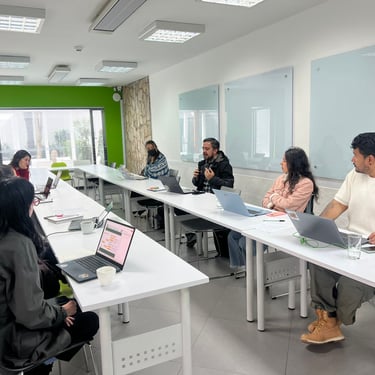

Recommendations and Next Steps
The workshop also served as a space to share strategic recommendations aimed at strengthening the country’s MRV system. Key recommendations included:
Improve the quality of national inventory data, considering the characterization of abandoned mines and the update of emission factors.
Strengthen collaboration with mining operators and private sector actors.
Integrate both short- and long-term metrics into sectoral analyses.
Promote pilot mitigation projects and disseminate their results.
Establish a methane working group, led by an entity independent of state institutions, as a space for multisectoral coordination.
Raise the visibility of this issue in national and international agendas, including NDCs, sectoral plans, industry associations, and cooperation platforms.
Design an information repository or a dissemination strategy that facilitates knowledge transfer and promotes the replication of the experiences generated within the framework of the project among the various stakeholders involved.
Closing the Cycle and Opening New Conversations
The workshop’s closing was also a moment to gather reflections and insights from participants. Through participatory exercises, key messages were shared regarding the challenges and opportunities for methane emissions mitigation in Colombia’s coal mining sector, as well as expectations for future engagement spaces.
Multisectoral and multi-actor collaboration is proving to be a key exercise in advancing the methane mitigation agenda in coal mining.

